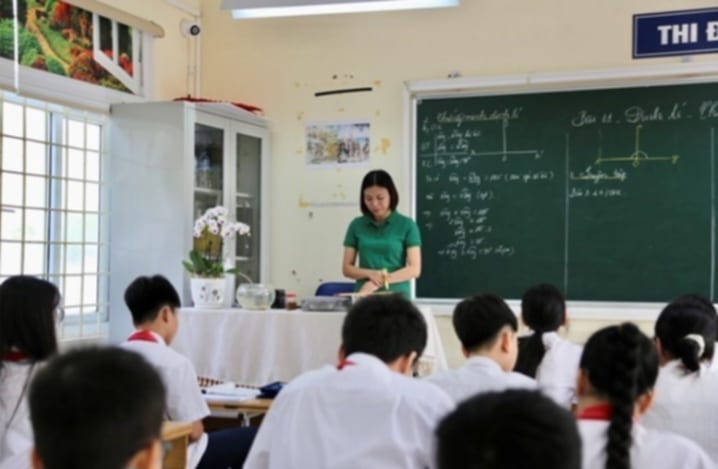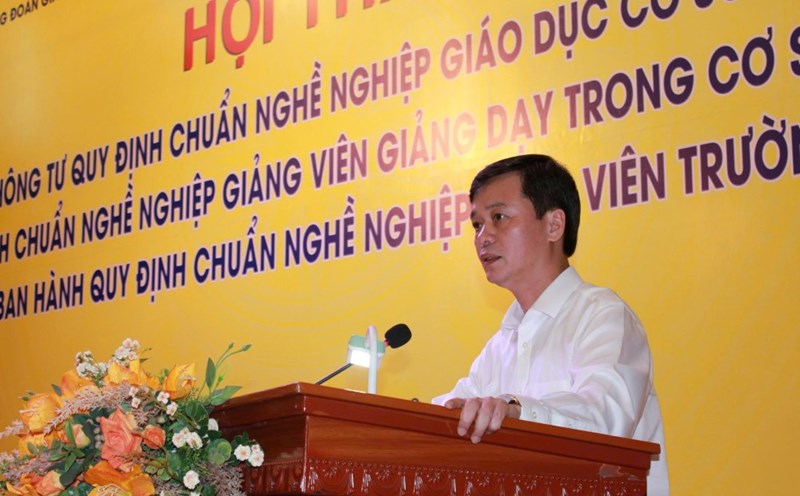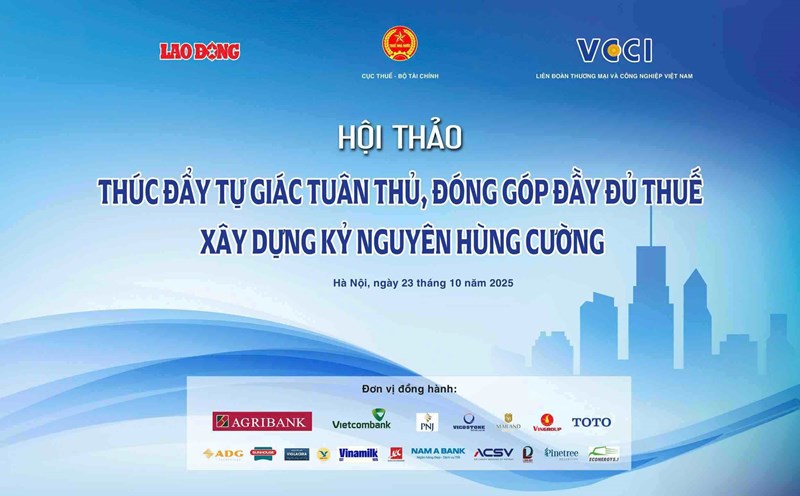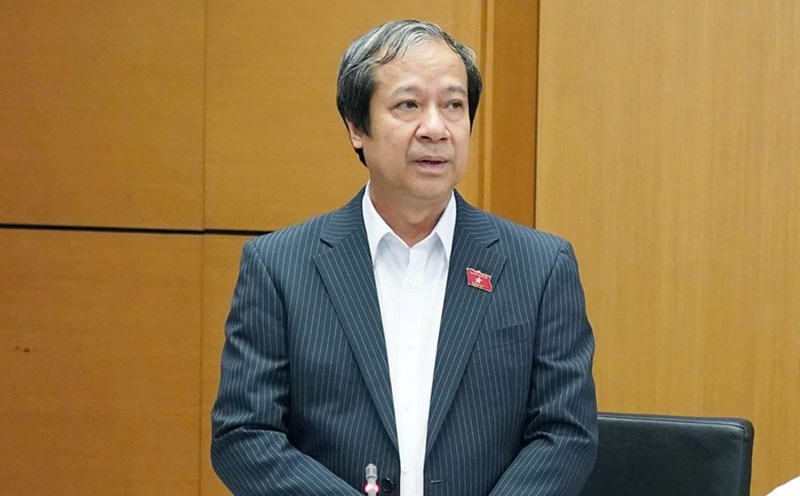Talking with Lao Dong reporter on the sidelines of the Workshop to give comments on the draft Circular regulating professional standards for general education teachers, higher education institutions, and university reserves, Dr. Chu Cam Tho - Deputy General Secretary of the Vietnam Association of Educational Psychology - said that the draft Circular on professional standards for titles and titles of general education teachers and university lecturers still discriminates between public and private.
Dr. Chu Cam Tho analyzed the contents of the draft Circular that will affect the driving force for career development.
"Jump" promotion is limited: Current professional standards clearly stipulate the time to hold the title (for example: it is necessary to have time to hold the main position to be promoted to a higher position). This is necessary but can also limit the motivation for teachers with outstanding development abilities, meeting the high school standard earlier than the regulations on seniority; or needing an additional document regulating "special features", thereby leading to overlap.
Risk of "completion of tasks": When achieving a certain level, especially senior teachers, if there is no clearer goal other than "guiding and supporting colleagues", teachers can reduce personal motivation to continue to innovate and be creative, leading to a situation of maintaining instead of developing expertise.

Create pressure for achievements: Teachers/lecturers will focus on competing for titles (usually formal criteria, not necessarily reflecting actual teaching performance) instead of focusing on professional improvement, research in applied pedagogical science, or developing student/student qualities/capacities.
Lack of fairness for private teachers: The use of public emulation titles (emulation fighters, vocational certificates issued by public institutions) continues to create great barriers, preventing private teachers from advancing to high school levels, even though they may have made outstanding contributions.
Education orientation: Highly administrative consideration, documents in assessment and ranking instead of evaluating substantial capacity through educational efficiency, student development, and innovation in methods.
cross-examination: A main teacher can have many achievements and seniority to be promoted, but it is not certain that he has the necessary pedagogical leadership skills to become a cornerstone. On the contrary, a young teacher, who has not been promoted but has outstanding professional capacity and prestige, will find it difficult to be recognized as the driving force if the draft places this role too much emphasis on the title.
Lack of flexibility: If the process of selecting the top center depends on the ranking (the new main ranking is selected for the seniority), it will miss talented and creative factors in the lower ranking but have a great influence on expertise.












